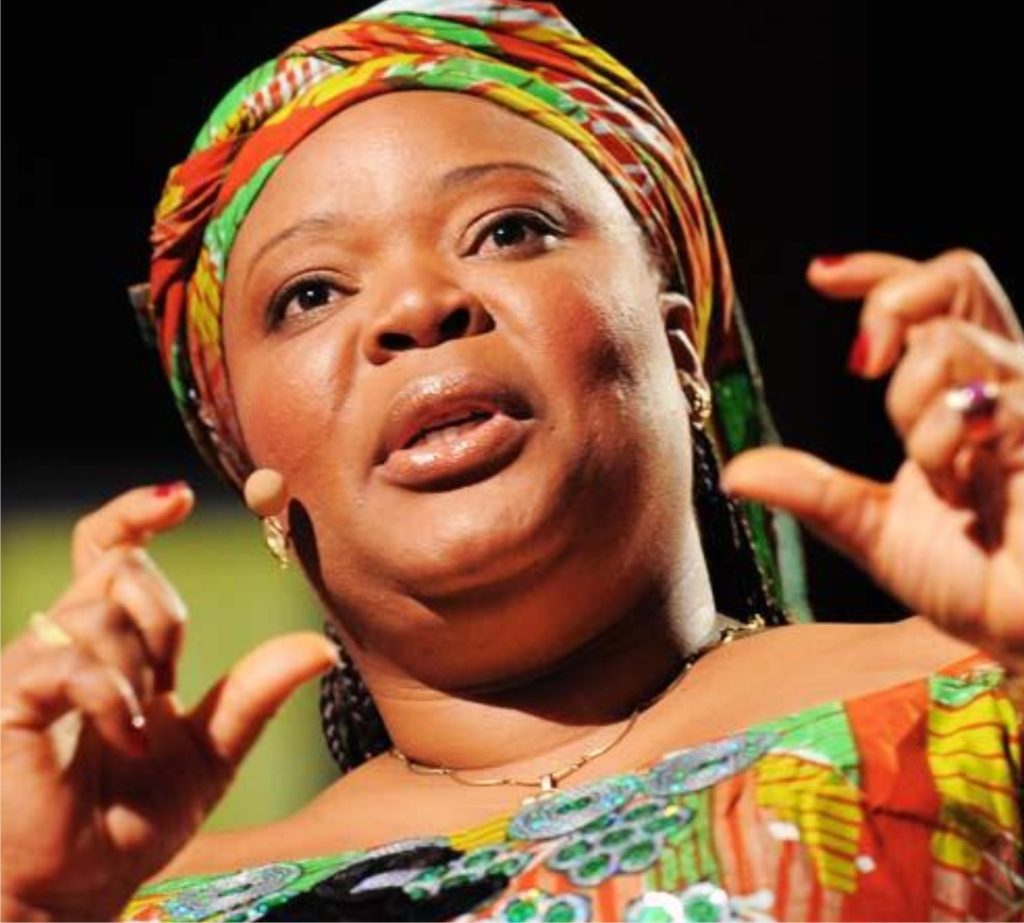In a significant political declaration, Madam Leymah Gbowee, the celebrated Liberian Nobel Peace Prize Laureate, has expressed her ambition to run for the presidency of Liberia. Gbowee’s claim to leadership stems from her prominent role in Liberia’s peacebuilding process, where she, alongside former President Ellen Johnson Sirleaf, was recognized for their nonviolent efforts to champion women’s rights and safety. In an interview with state Radio ELBC on September 30, 2024, Gbowee articulated her vision for the future of Liberia, challenging the prevailing narrative that only those with a history of holding governmental positions are qualified to lead the country. Her stance reflects a broader critique of the electoral assumptions that have potentially stifled the emergence of transformative leaders in the nation.
During the interview, Gbowee emphasized that the criteria for presidential candidates should not be limited to previous government service. Rather, she contended that personal commitment and the ability to inspire progressive change are crucial determinants of effective leadership. This assertion was underscored by her refusal to consider candidacy for any lower legislative positions, specifically dismissing suggestions to run for a senatorial seat in Bong County. Gbowee stated unequivocally, “If I decide to go for any office in Liberia or this country, it will be the Presidency,” indicating her intention to aim for the highest office in the land rather than accept a subordinate political role.
Gbowee’s contention also highlights a significant societal expectation in Liberia, wherein potential leaders are often judged based on their past governmental experience. She finds this perspective problematic, arguing that it has led the country to overlook capable leaders who can evoke change without traditional political backgrounds. She pointed to international examples, such as Ukraine’s current president, who transitioned from a comedian to a national leader, successfully navigating his country through challenging times. This example serves as a testament to Gbowee’s argument that leadership aptitude cannot be solely measured by past political roles.
In her critique, Gbowee illuminated the risk of constraining political discourse in Liberia, positing that the fear of untested candidates has deterred the nation from harnessing the potential of innovative and charismatic leaders. She believes that the limiting mindset around government experience might result in missed opportunities for effective governance. Gbowee’s insights resonate with a growing global discourse that posits nontraditional pathways to leadership as valid, democratizing the political landscape and allowing fresh perspectives to emerge.
Gbowee’s determination to disrupt the political status quo reflects her broader vision for Liberia’s future. She sees herself not just as a candidate but as a leader capable of steering Liberia towards development and prosperity. The transitional context within which Gbowee is campaigning calls for leaders who are not bound by conventional narratives of political legitimacy but instead are guided by their vision for progress. In her view, a successful leader must be able to envision a path that diverges from conventional routes and embraces innovative strategies that resonate with the aspirations of the populace.
Ultimately, Gbowee’s ambition to run for the presidency could herald a new chapter for Liberia, one where the electorate considers candidates based on their vision, capability, and commitment to the nation’s future, rather than solely on their political pedigree. As she prepares for this journey, her message advocates for a reexamination of what it means to be qualified for presidential leadership, potentially paving the way for a new wave of political engagement and empowerment in Liberia’s democratic processes.














